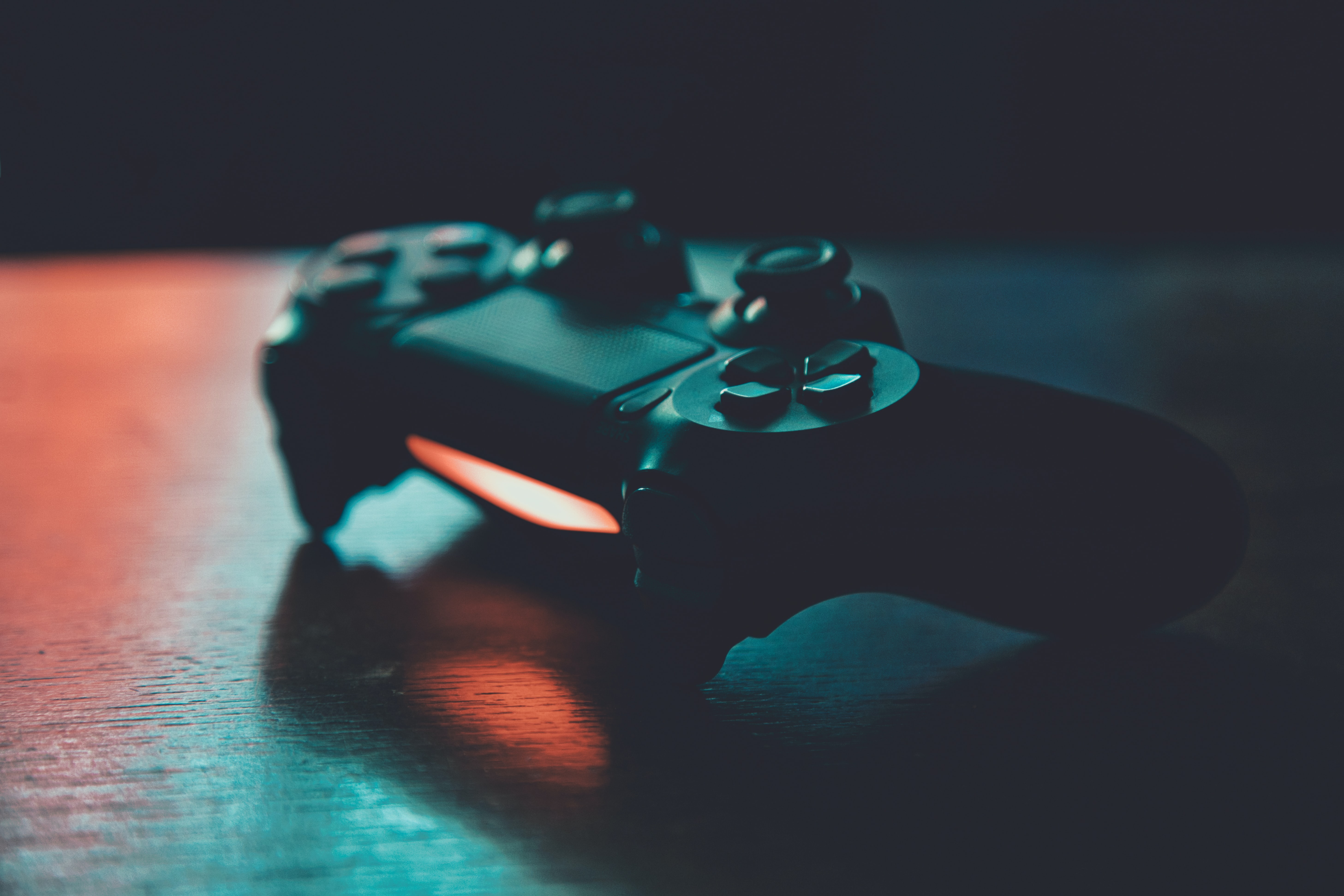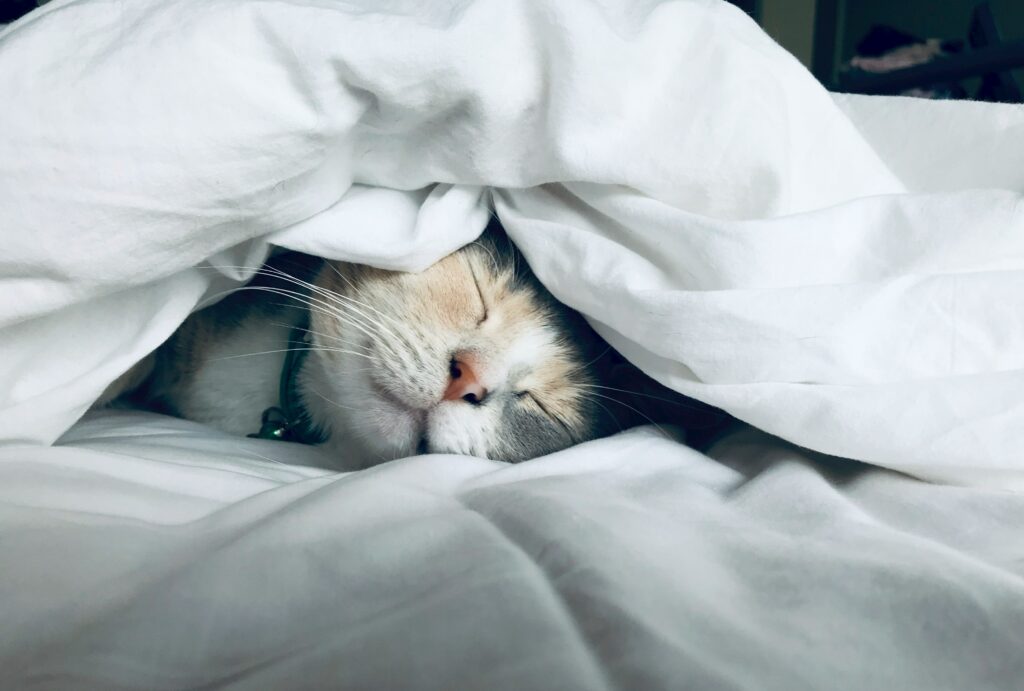Types of addiction

Published:
August 25, 2023
Article type:
Keywords:
Many New Zealanders will experience some type of substance use, or participate in activities like gambling or gaming in their lifetime. Most of the time, these things aren’t harmful, and most people don’t experience any issues.
However, problematic substance use like alcohol abuse or drug abuse, and problem gambling or gaming does happen, and the impact can be significant for the person, their whānau and community. Because many people do use substances, gamble or play online games at some point, the question is often asked: what does problematic substance use or behaviour mean, and what does it look like?
Recognising problematic substance use or behaviours
Addiction exists on a spectrum with different stages between no or moderate use or behaviours, to problematic, hazardous and harmful use, and addiction disorder.
The stages aren’t exact, and there’s a lot of overlap between them. Many people will experience several stages in their life with a range of substances and behaviours – across their teenage years, to young adulthood and as an older adult.
It’s the potentially negative impact a type of substance use or activity has on people, their whānau and community that can point towards a problem.
When the brain adapts to a substance or activity, people can experience negative impacts. Signs of problematic use or behaviour include:
- using the substance or gambling more than planned
- needing to use a substance or engage in gambling activity more often, to feel a positive effect
- needing to use or do the activity to feel normal
- using or doing something else to get a similar effect
- feeling very uncomfortable if unable to use the substance or do the activity
- having withdrawal symptoms if the substance use or activity suddenly stops.
Medical professionals trained in addiction issues can assess the severity of any addiction issue, diagnose substance or gambling disorders, and guide recovery.
Problematic substance use in New Zealand
Using alcohol or drugs does not mean a person has a substance use problem. Statistics show that in Aotearoa New Zealand:
- 93% of adults will try alcohol in their lifetime
- 44% of adults will try a recreational drug at some point in their life.
In the 2021/22 New Zealand Health Survey, less than one in five adults (18.8%) had a hazardous drinking pattern, drinking in a way that carries a high risk to their future mental or physical health. Other research from 2006 shows severe substance use problems affect about 3.5% of the population at any one time. They are more common in men, between the ages of 24-44, and for Māori.
Problematic substance use can impact all aspects of a person’s health and wellbeing, from their physical health to mental and emotional health, their spiritual health and sense of identity, as well as their connection to whānau and community.
In Aotearoa New Zealand, the five substances that cause the most issues for people, their whānau and communities, are:
- Alcohol
- Cannabis
- Methamphetamine
- Synthetic psychoactive substances
- Medications used outside their intended purpose.
People use substances for a range of reasons. The substance a person chooses to use depends on the effect they are looking for. For example, if they want to relax or slow down, they may choose a depressant like alcohol; if they want an energy boost or to stay awake, they may choose a stimulant like methamphetamine or caffeine; or if they want to experience the world differently they may choose a hallucinogen like LSD.
Some substances fit into more than one category and may be chosen for the combination of effects they bring. Sometimes people use several substances to modify the impact of what they are using.
A quick way to check whether someone’s substance use is affecting them negatively is to use the four L’s.
Ask: Is substance use affecting their:
- Liver? Is the person experiencing illness or poor physical health due to use?
- Lover? Is use affecting relationships with others?
- Livelihood? Is use impacting on the person’s usual lifestyle?
- Legal? Is the person experiencing issues with the law or police?
Problem gambling
Gambling is a common pastime in Aotearoa New Zealand, but just like with substance use, it’s not a problem for many people:
- 52 per cent of adults gamble at least occasionally
- 0.3% of adults have a gambling disorder
- 2.5% of the population is negatively affected by someone else’s gambling.
The types of gambling available have increased over time, as casinos and online gambling have become available. Pokie machines are the largest cause of gambling issues in New Zealand.
Gambling activates the reward pathway in our brains through anticipation of winning. Gambling products, and the environments they are in, are designed to hook people in, keep them playing and make them come back.
For some people, gambling can become more common and problematic during times of stress. It can affect their relationships with whānau and friends, cause financial issues and inattention at work, and lead to more stress – which then feeds into even more gambling.
There are some specific signs that gambling might be problematic for someone:
- hiding bank and credit card statements
- getting new credit cards
- selling personal items to get money
- taking other people’s property to sell
- working overtime or a second job to cover debts
- gambling to pay debts
- offering excuses for always having a lack of money, in spite of having a good income
- continually spending more money and time on gambling than intended
- finding family and friends are becoming less important than gambling
- avoiding certain people to whom they might owe money
- becoming secretive about money.
Gaming addiction
Most people use the internet every day, to connect with people, find information, listen to music, buy products or services, watch entertainment, or run a business. Online games are hugely popular, and recent studies have found that some people can develop a focus that sees them spend more and more time on gaming – particularly adolescent males.
Gaming activates the reward pathway in people’s brains in very similar ways to gambling, with the potential for problematic use. Spending a large amount of time gaming can negatively impact day-to-day functioning. Some people can experience withdrawal symptoms when they are not playing online games. Over time, this can become a gaming disorder.
Signs that gaming might be a problem for someone include:
- thinking about gaming all the time or a lot of the time
- feeling bad when they can’t play
- spending more time playing in order to feel good
- unable to quit or spend less time playing
- not involved with other activities they used to like
- having problems at work, school or home because of the time spent playing.
Learn more with Addiction 101
Blueprint for Learning’s Addiction 101 workshop covers more information about the types of addiction, their possible impacts and what causes addiction. The workshop also shows that recovery from addiction is possible.
Where to get help
There are many organisations, websites and other resources in New Zealand to support people and their whānau and friends through addiction issues.
The following list may not include every possible option, and you can also search for local services available in your area.



